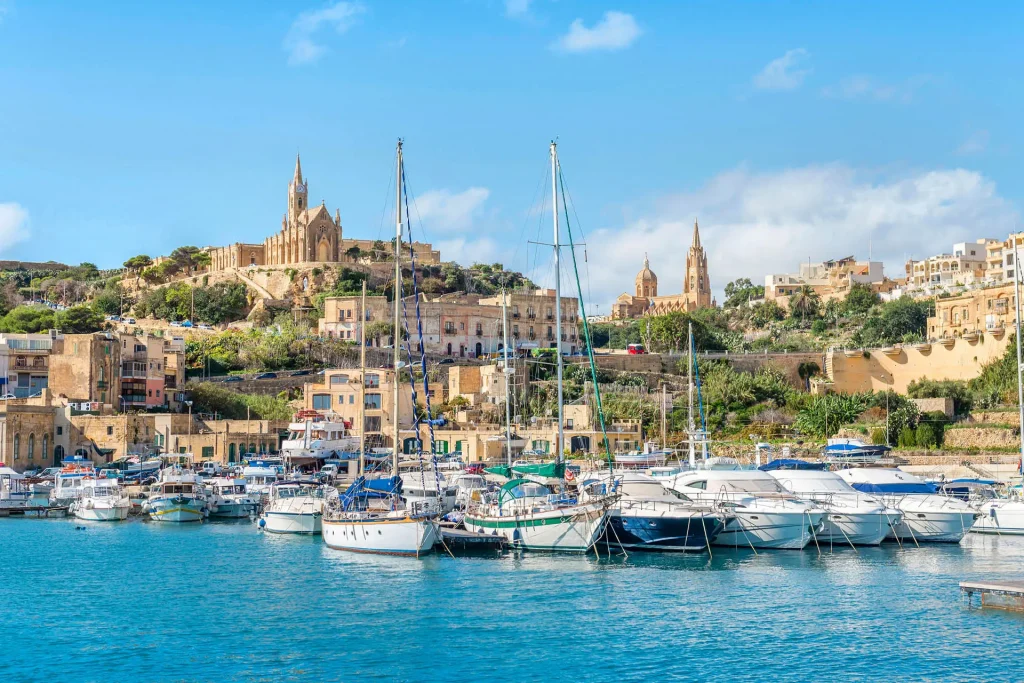First-Time Buyers
Second Time Buyer
Rental Investments
Commercial
Properties in Italy
Renting
Residence & Citizen Programmes
Foreign Buyers
Selling Your Property
Property Development

| Refresh | This website franksalt.com.mt/malta-residence-programmes/ordinary-residence/ is currently offline. Cloudflare's Always Online™ shows a snapshot of this web page from the Internet Archive's Wayback Machine. To check for the live version, click Refresh. |



The Ordinary Residence program in Malta allows individuals who intend to reside in the country for more than three months to establish long-term residency. Available to both EU nationals and third-country nationals (TCNs), this program provides a secure way to settle in Malta. To qualify, applicants must meet specific criteria, including demonstrating financial self-sufficiency, securing suitable accommodation, and having health insurance.
Once approved, ordinary residents can apply for a Uniform Residence Permit, which grants visa-free travel within the Schengen Zone for up to three months and allows the holder to work or conduct business in Malta. While this offers great flexibility, applicants must still meet the necessary criteria to be eligible for the program, ensuring a smooth and lawful transition to permanent residence in Malta.
EU/EEA nationals enjoy a relatively straightforward requirements to gain ordinary residence in Malta:
Ordinary residents in Malta are taxed on income earned in Malta and foreign income remitted to Malta. Residents but non-domiciles enjoy further tax advantages:
Progressive Tax Rates: Malta applies progressive tax rates ranging from 0% to a maximum of 35%, with a minimum annual tax of €5,000 if foreign-source income exceeds €35,000.
Single Rates:
Income (€) Rate Subtract (€)
0 – 9,100 0% 0
9,101 – 14,500 15% 1,365
14,501 – 19,500 25% 2,815
19,501 – 60,000 25% 2,725
60,001+ 35% 8,725
Married Rates:
Income (€) Rate Subtract (€)
0 – 12,700 0% 0
12,701 – 21,200 15% 1,905
21,201 – 28,700 25% 4,025
28,701 – 60,000 25% 3,905
60,001+ 35% 9,905
Parent Rates:
Income (€) Rate Subtract (€)
0 – 10,500 0% 0
10,501 – 15,800 15% 1,575
15,801 – 21,200 25% 3,155
21,201 – 60,000 25% 3,050
60,001+ 35% 9,050
Parent Rate: Parents who are responsible for children under the age of 23 (if unmarried) can benefit from these rates. Parental rates can apply to married couples or individuals with dependent children, resulting in more favorable tax treatment than non-parents.
Note on Tax Credits: Tax relief may also apply in specific cases, including parents with dependents and deductions for children. These credits can lower the effective tax rate in some situations.
For further details, you can consult the official page from the Commissioner for Revenue
No death tax is payable in Malta. However, duty on documents and transfers is payable by the heirs of the deceased or the purchaser in the case of real estate situated in Malta, as well as upon the purchase of shares in Maltese companies.
No duty is payable on share transfers made by companies that have more than ninety percent of their business interests outside Malta. Additionally, an exemption from duty on share transfers exists for a Maltese company if more than half of the ordinary share capital, voting rights, and rights to profits are held by individuals who are not residents of Malta.
Subject to certain exceptions, duty is charged at a rate of 5% for real estate and 2% for shares.
Malta residents are protected by double taxation agreements, which ensure that tax is not paid twice on the same income in different countries. Malta has an extensive network of double taxation treaties, and where no treaty exists, other forms of relief under domestic law are available to eliminate double taxation.
With over 55 years of experience since 1969, Frank Salt Real Estate has built a trusted reputation for guiding clients through Malta’s residence and citizenship programs to find the perfect fit for their needs. We offer Malta’s largest selection of properties for sale and rent, and our team is highly experienced in assisting foreign clients looking to relocate or invest. From tailored residency guidance to exceptional real estate options, Frank Salt Real Estate is your reliable partner for a seamless transition to life in Malta.
Disclaimer: The information contained in this website is for general information purposes only. While we endeavour to keep the information up to date and correct, we make no representations or warranties of any kind, about the accuracy, reliability or availability with respect to the website or the information, products, or services contained on the website for any purpose.
 ×
×
We have sent email to [email protected] to confirm the validity of your email address.

